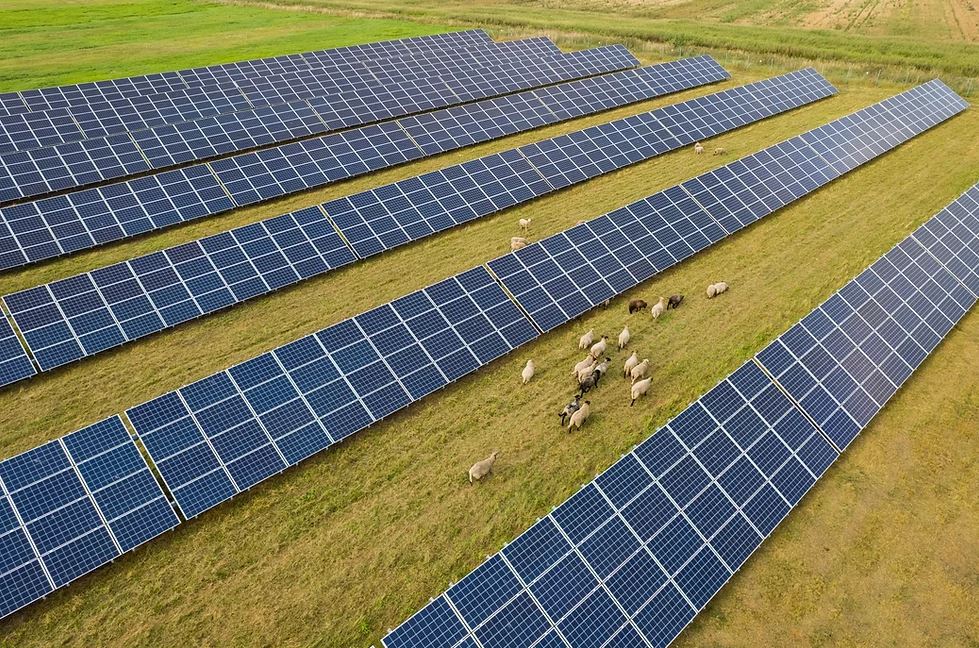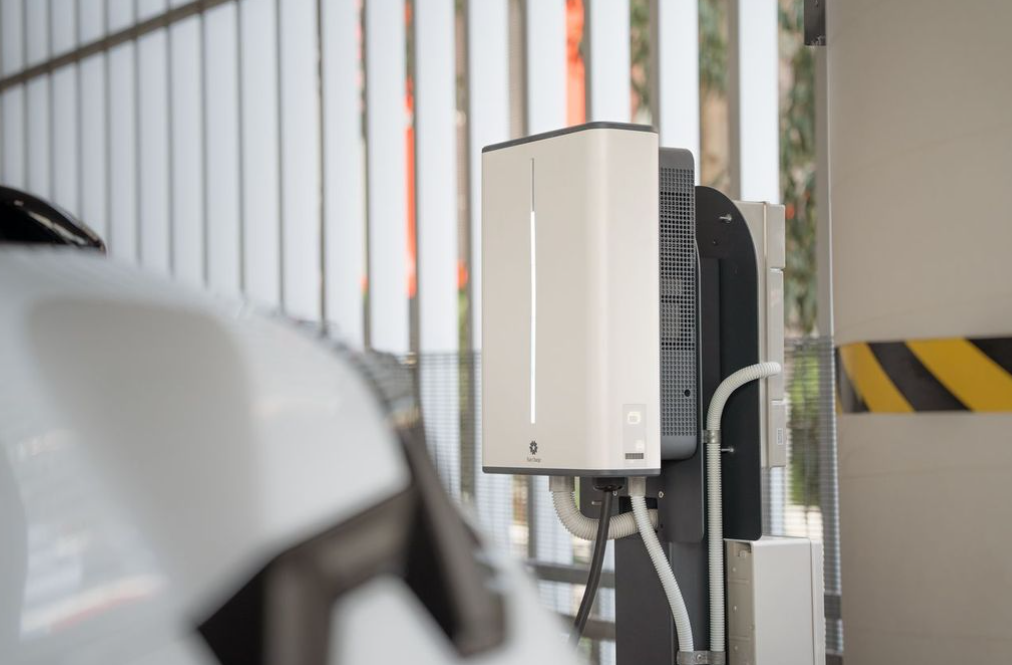Harmony Energy, which has already been given the green light to develop New Zealand’s largest solar farm in Waikato on the North Island, has now applied for fast-track resource consents from the national government for three more large-scale PV projects.
The three North Island projects have been referred for approvals under the Fast-track Consenting Act, which provides for an accelerated consenting process for projects with the potential to contribute to New Zealand’s efforts to speed up the roll out of renewable energy generation facilities as it strives to reach net zero by 2050.
Harmony has already secured approval under the fast-track consenting process to construct and operate the 147 MW Tauhei Solar Farm at Te Aroha West, about 140 kilometres south of Auckland in the Waikato region.
It is anticipated construction of the Tauhei Solar Farm will commence in 2024, with the solar farm to be operational in 2025. It took just 70 working days for the consent application to be approved.
Harmony is now seeking to utilise the same consenting process to expedite the development of its proposed Carterton, Opunake, and Marton solar farms.
The planned 133 MWp Carterton Solar Farm, the largest of the three projects, would comprise about 200,000 solar panels spread across a 148-hectare site north of Wellington in the south of the North Island.
Harmony’s proposed Opunake Solar Farm, located in the Taranaki region of the North Island, would have an output of approximately 94 MWp. It is to consist of about 140,000 solar panels occupying about 58ha.
The third proposed project, the Marton Solar Farm planned for a 93ha site near Palmerston North on the North Island, would have an output of approximately 65 MWp and comprise about 105,000 solar panels.
This content is protected by copyright and may not be reused. If you want to cooperate with us and would like to reuse some of our content, please contact: editors@pv-magazine.com.









By submitting this form you agree to pv magazine using your data for the purposes of publishing your comment.
Your personal data will only be disclosed or otherwise transmitted to third parties for the purposes of spam filtering or if this is necessary for technical maintenance of the website. Any other transfer to third parties will not take place unless this is justified on the basis of applicable data protection regulations or if pv magazine is legally obliged to do so.
You may revoke this consent at any time with effect for the future, in which case your personal data will be deleted immediately. Otherwise, your data will be deleted if pv magazine has processed your request or the purpose of data storage is fulfilled.
Further information on data privacy can be found in our Data Protection Policy.